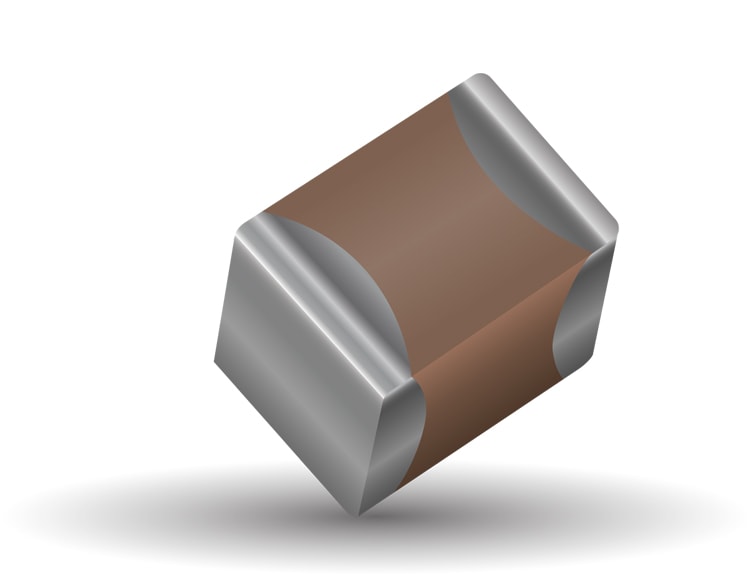Capacitors are fundamental components in electrical circuits, widely used in various industries and applications. While their role in AC circuits is well-known, their influence on DC voltage is often overlooked. In this blog post, we will delve into the intricate relationship between capacitors and DC voltage, exploring the effects, applications, and considerations associated with their usage.
- Capacitor Basics:
Before we explore the impact of capacitors on DC voltage, let’s briefly review their fundamental characteristics. Capacitors store electrical energy in an electric field, consisting of two conductive plates separated by a dielectric material. They are capable of storing and releasing charge, exhibiting reactance in AC circuits. However, their behavior in DC circuits may seem less apparent at first glance. - Capacitor Charging and Discharging:
When a DC voltage is applied to a capacitor, it initially acts as an open circuit due to its insulating dielectric material. As a result, the capacitor charges up gradually, allowing current to flow until it reaches its maximum charge. This charging process affects the DC voltage, causing a temporary drop until equilibrium is reached. Similarly, when the DC voltage source is removed, the capacitor discharges, affecting the voltage in the circuit. - Time Constant and Voltage Ripple:
The time constant of a capacitor, determined by its capacitance and the resistance in the circuit, plays a crucial role in understanding its impact on DC voltage. A larger time constant leads to a slower charging and discharging process, resulting in a smoother voltage transition. Conversely, a smaller time constant can introduce voltage ripple, causing fluctuations in the DC voltage level. - Filtering and Smoothing DC Voltage:
Capacitors find extensive use in power supply circuits to filter and smooth DC voltage. By strategically placing capacitors in parallel or series with the load, they can attenuate high-frequency noise and voltage spikes, ensuring a stable and reliable DC voltage output. Understanding the capacitance value and the frequency range of the noise is vital for effective filtering. - Capacitor Selection and Voltage Rating:
When selecting capacitors for DC voltage applications, it is crucial to consider their voltage rating. Exceeding the voltage rating can lead to catastrophic failures, compromising the circuit’s integrity and potentially causing damage. Careful consideration of the voltage rating ensures the capacitor can handle the applied DC voltage without any adverse effects.
Conclusion:
In conclusion, capacitors do indeed affect DC voltage, albeit in subtle yet significant ways. Their ability to store and release charge, along with their time constant and voltage rating, influences the behavior of DC circuits. By understanding these dynamics, engineers and professionals can harness the power of capacitors to filter, smooth, and stabilize DC voltage in various applications.

